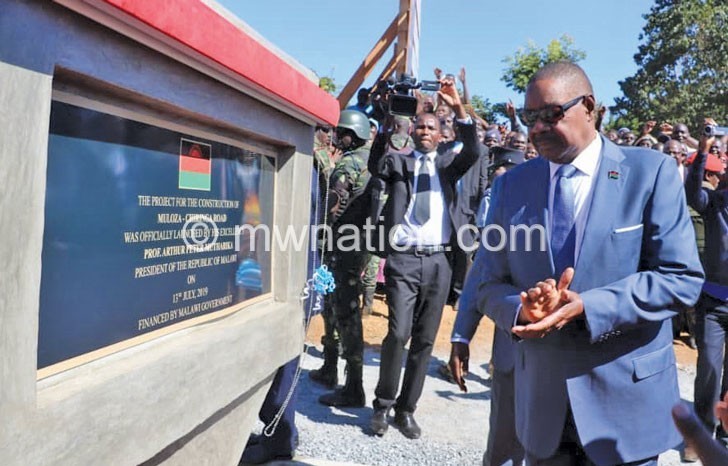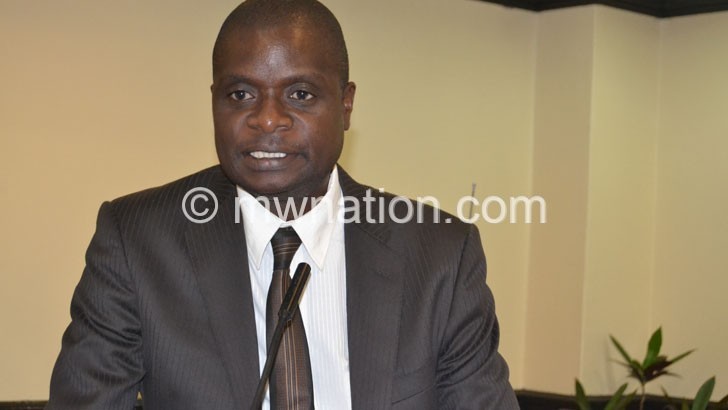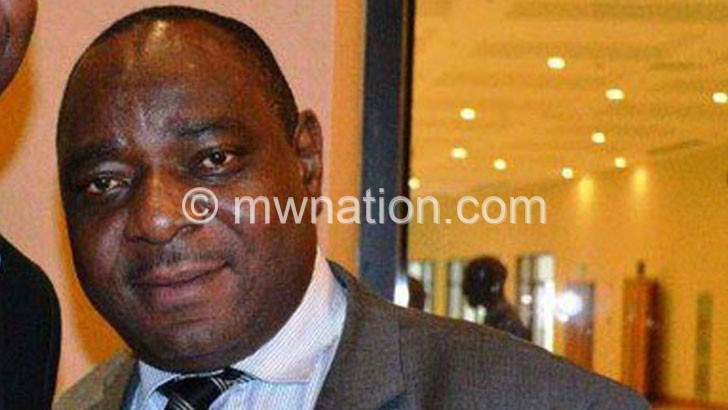Campaign bloats govt arrears
Campaign spending doubled government’s arrears to local firms from about K206 billion in 2017 to K500 billion, an unofficial Ministry of Finance source has disclosed.
The source told Weekend Nation, in an interview on Tuesday, the arrears have risen this much mostly because of the politically instigated development projects that government embarked on during the campaign period ahead of the May 21 elections.

Economic commentators have, meanwhile, observed the soaring arrears have created cashflow constraint to local businesses which are failing to raise their capital. Consequently, businesses are shrinking resulting in loss of jobs and a shrinking tax base.
He said out of the K500 billion, about K150 billion or 30 percent of the money, is owed to the construction sector, while the rest is spread between health, agriculture and other service sectors.

Said the source: “Two years ago, the suppliers’ arrears were at K250 billion, but it is now K500 billion with the road sector alone owed K150 billion.”
Responding to the 2018/19 budget, the Malawi Confederation of Chambers of Commerce and Industry (MCCCI), called upon government to expedite payment of the private sector arrears, saying businesses are failing to operate.
MCCCI published in its website that among those also owed huge sums of money are seed suppliers, pharmaceutical suppliers and rental property owners.

MCCCI chief executive officer Chancellor Kaferapanjira did not respond to our inquiries in the past two weeks despite several reminders.
At its last quarterly meeting, the Public Private Dialogue Forum the issue of arrears was also one of the key issues that the forum discussed, where the private sector pointed out challenges it was facing due to government’s non-payment.
The platform comprises private sector chief executive officers, Cabinet ministers and principal secretaries and discusses issues that require immediate decisions.
In its 2018 Annual Report, MCCCI president Prince Kapondamgaga observed that the chamber has since 2015 been trying to meet President Peter Mutharika to discuss with him problems that the chamber and its members are facing, including the issue of arrears, but they have not been successful to secure an audience.
But presidential press secretary Mgeme Kalilani said in an interview yesterday that the President is surprised that an institution that represents a very strategic sector such as the chamber, would be seeking an audience for four years without success. He said if, indeed, there were bottlenecks that prevented the chamber from meeting the President, such bottlenecks will be sorted out expeditioualy.
Malawi Economic Justice Network (Mejn) acting executive director Grace Kumchulesi, in an interview on Tuesday, said local firms continue to fail to meet their financial obligations for the smooth running of their operations.
She said this renders them inefficient and can sometimes kick them out of business, especially those that are operating on a small-scale.
“They [local suppliers] cannot inject more capital and grow their businesses and this constrains them from creating wealth and jobs. As a result, many people lose jobs, which contributes to high levels of unemployment in the country, which at 5.70 percent, is already very high and a concern for achieving poverty reduction,” she said.
Ahead of the May 21 2019 elections there was a flurry of activities, especially construction projects. Roads and bridges topped the list.
The big road projects are the K9.6 billion Ntcheu-Tsangano-Neno, Lirangwe-Chingale-Machinga pegged at K5.3 billion and the Rumphi-Hewe-Turn-off Road to cost K5 billion.
Others are the Blantyre By-pass Road, which government said will be constructed at a cost of K4.6 billion, Dowa-Chezi Road, the dual carriage roads in Lilongwe and Mzuzu, and various ring-roads in Lilongwe and Blantyre.
The projects are periodic maintenance of the Balaka-Salima Road; rehabilitation of some roads, including the Kaphatenga–Nkhotakota–Dwangwa Road; upgrading of the Parliament Roundabout–Kamuzu Central–M1-Amina Roundabout Road; and upgrading of the Bunda-Town Hall Roundabout, Crossroads-Area 18 Roundabout, Kanengo-KIA Road 18 Roundabout.
But former Finance minister Goodall Gondwe said during his mid-year budget statement last December that government was yet to secure funding from financiers for most of the projects.
The Treasury source said government has been contracting construction companies that have the financial muscle to partly finance the projects on their own.
President for Malawi Building and Civil-Engineering Allied Traders Association (Mabcata) Wickly Mhango confirmed this, saying government has limited contracts with small-scale construction companies as it opts for big construction companies.
“The move has increased arrears that government has accrued to large construction companies,” he said. “For example, government borrowed K7 billion for the Lilongwe dual carriage way on top of owing the contractor K4 billion from own resources.”
Reserve Bank of Malawi (RBM) spokesperson Mbane Ngwira, in an interview on Tuesday, while confirming that the value of arrears has risen, indicated that there was need to ascertain the actual amount government has accumulated over the period.
Treasury spokesperson Davis Sado, also said government arrears could only be ascertained after an audit verification exercise.
As a remedy, Sado further said currently, ministries, departments and agencies (MDAs) are under instruction to prioritise within their budgets to clear all arrears.





